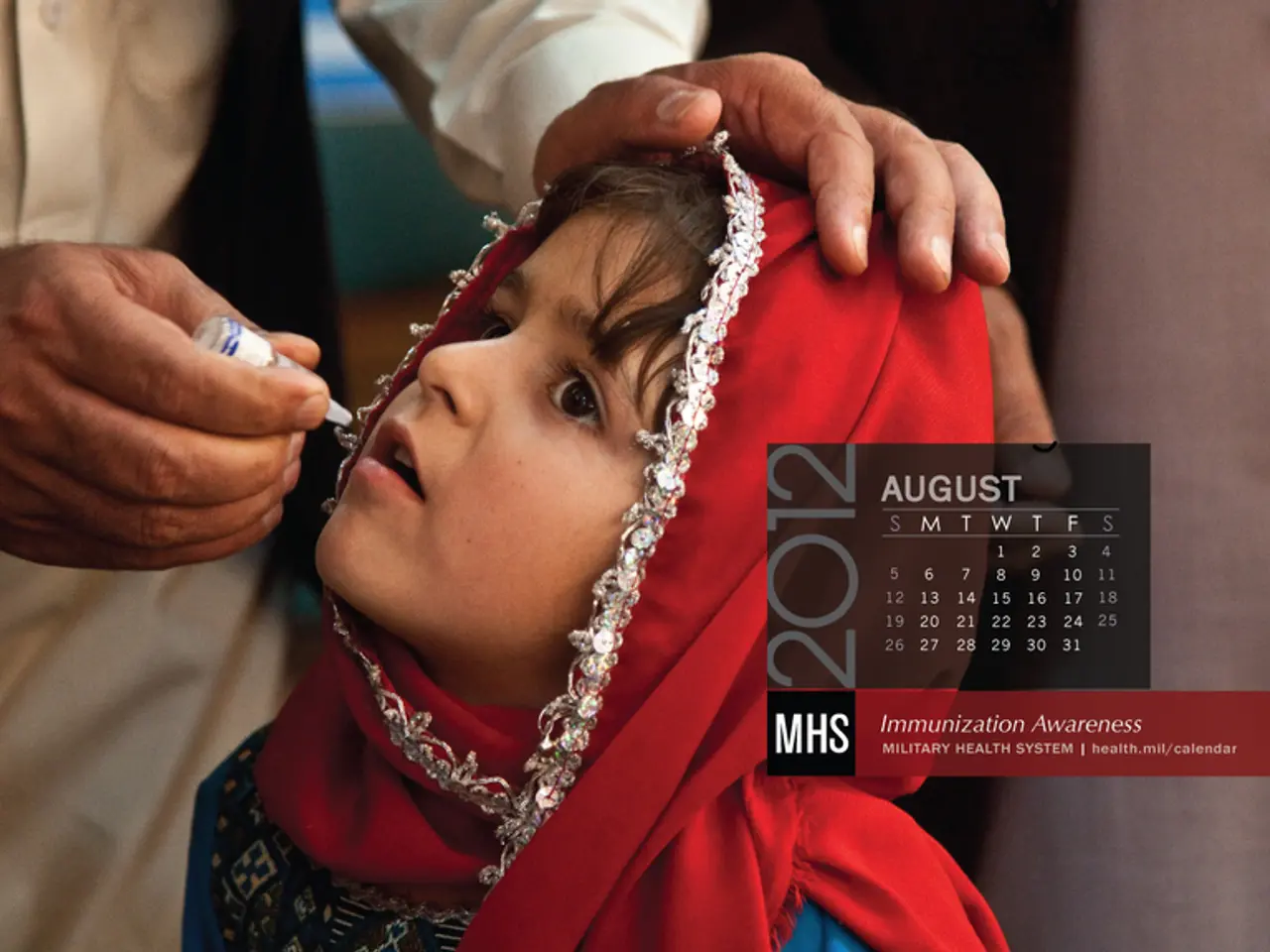Strategies for Controlling Measles Epidemics in New York
In the face of a resurgence of measles cases across the United States, New York is taking decisive action to protect its residents. The state Legislature, recognising the urgency of the situation, is poised to act boldly once again, as it owes it to its neighbors, children, and communities.
Recent data shows that the decline in vaccination rates has fallen below the 95% herd immunity threshold necessary to prevent outbreaks. In the 2023–24 school year, kindergarten vaccination coverage dropped to about 92.7%, leaving communities vulnerable. This decline has been exacerbated by growing vaccine hesitancy, particularly following the COVID-19 pandemic, and by pockets of unvaccinated individuals often clustered in specific communities.
Measles, once nearly eradicated in the United States, has made a return and is spreading across the country. In 2019, New York was the epicenter of a measles outbreak with over 1,000 people sickened across the state, the vast majority of them children. Recently, several cases of measles have been reported in Orange County, New York, with three children under the age of five currently battling the disease.
The rapid increase in measles spread in the United States, including in New York, is a cause for concern. The virus is highly contagious and perilous for children. U.S. Health and Human Services Secretary Robert F. Kennedy, Jr. has fueled vaccine skepticism with dangerous rhetoric, contributing to the spread of measles outbreaks.
To improve vaccination rates and herd immunity, legislative actions that states can take include eliminating non-medical exemptions for vaccines required for school attendance, mandating vaccinations for school entry with strict enforcement and regular auditing of vaccination records, implementing public education campaigns to counter misinformation and vaccine hesitancy, enhancing access to vaccination services, and strengthening outbreak response protocols.
Such legislative measures aim to push vaccination coverage back above the 95% threshold required for herd immunity, thereby reducing measles transmission and preventing further outbreaks. It is crucial to remember that herd immunity only works when enough people participate in vaccinations, not just for individual protection but also for protecting those who can't be vaccinated, like infants and those with compromised immune systems.
In the final weeks of the legislative session, there is an opportunity to advance bills that would make New York better immunized and, in turn, healthier and safer. New York must take action to protect its residents in the face of federal negligence, ensuring that the state remains measles-free and continues to lead the way in public health.
- Given the concerning increase in measles cases, especially in New York, it's crucial for the state to leverage science, utilizing strategies like eliminating non-medical exemptions for vaccines, implementing public education campaigns, and strengthening outbreak response protocols, to restore herd immunity.
- In the quest to safeguard the health-and-wellness of its residents, New York should consider comprehensive legislative measures, focusing on vaccinations, to protect vulnerable individuals and maintain the state's reputation as a leader in public health.




